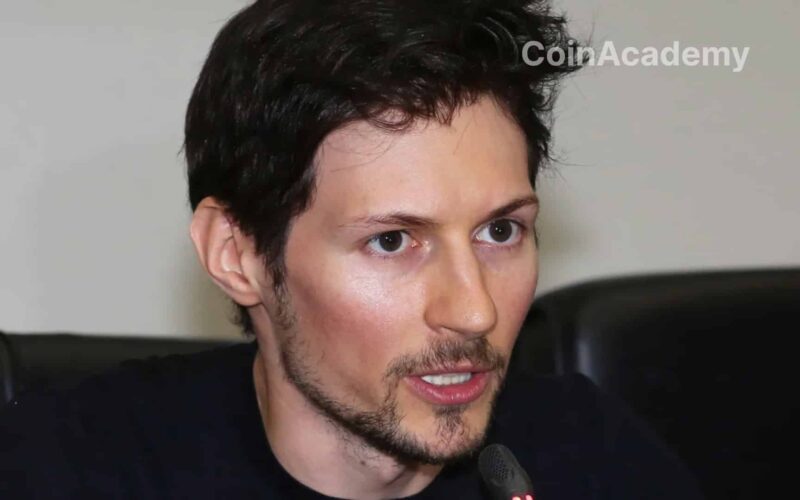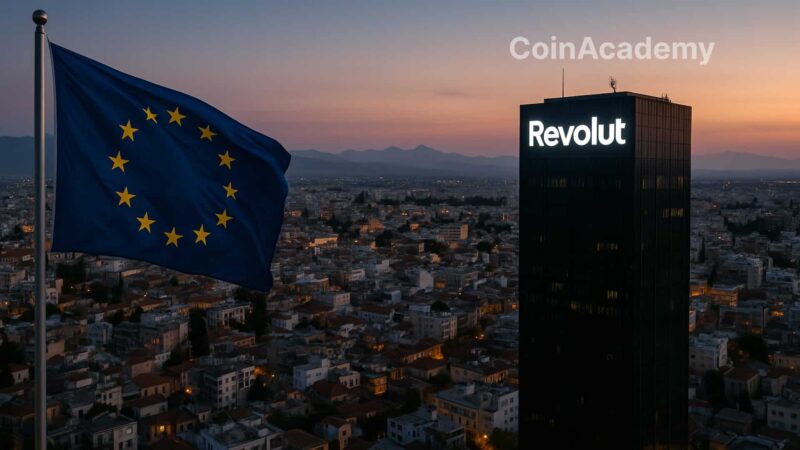Pavel Durov: From Telegram Founder to French Citizen
Pavel Durov, the creator of the messaging app Telegram, joined the ranks of French citizens in 2021. However, his acquisition of French nationality did not follow the usual path.
Behind this naturalization process, a series of diplomatic interventions and unusual circumstances unfolded behind the scenes. While the French justice system was already questioning the use of Telegram for criminal purposes, Durov’s application was processed at the highest level of the state.
The French Exam in Dubai: A Formality for a VIP
In December 2020, Durov discreetly showed up at the Alliance Française in Dubai to take his DELF (Diplôme d’études en langue française), a mandatory step to obtain citizenship. Although he was treated like any other candidate, the atmosphere was special. ‘The consulate had warned us in advance,’ recalls an employee. This day marked a crucial step for Durov, who, with an intermediate level of French, was able to meet the legal requirements, although he later used Russian and English during his detention in France.
A Political Will at the Highest Level
The initiative to naturalize Durov was not spontaneous. Behind the scenes, it was the French presidency that opened the doors. Emmanuel Macron, convinced of the influence and innovation that Telegram represents, wanted to make Durov a French citizen. In August 2023, following the indictment of the Telegram CEO for illegal content on the platform, Macron publicly spoke on the matter. He explained that he values entrepreneurs who bring ‘wealth and innovation’ to France. This naturalization was part of a strategy to promote technology and economic development.
A Controversial Process
Durov’s naturalization has reignited criticism about the advantages given to tech figures. While thousands of ordinary candidates wait for years to obtain citizenship, individuals like Durov or Snapchat co-founder Evan Spiegel see their applications processed quickly. However, authorities insist that the procedure was followed without special treatment.
The Dual Nature of Telegram
While France facilitated Durov’s entry, the country was also facing issues with Telegram. Since 2016, after the terrorist attacks in France, Telegram has been criticized for its lack of cooperation with authorities in the fight against terrorism. Jihadists, along with other criminals, used the messaging app to communicate discreetly. The French authorities deplored Telegram’s lack of transparency and interlocutors, a situation that remains unchanged eight years later.
The Paris prosecutor recently denounced ‘the almost total lack of response from Telegram to judicial requests,’ a frustration shared by many lawyers trying to obtain information from the platform for legal procedures.
A Persistent Social and Legal Challenge
In 2020, the French government was alerted to the proliferation of illicit content on Telegram, particularly non-consensual intimate photos. The Stop Fisha association met with Cédric O, the Secretary of State for Digital Affairs at the time, to draw attention to this issue. This meeting exposed the dangers of Telegram, but despite the commitment of authorities, the messaging app still avoids strict regulation.
Although Pavel Durov, now a French citizen, enjoys a certain recognition, he remains under the scrutiny of the justice system. He is under indictment, required to regularly report to the police station, and prohibited from leaving the country. Nevertheless, Telegram continues to grow with nearly a billion users worldwide, while the platform remains a major challenge for governments. Durov’s case embodies the tensions between innovation aspirations and security concerns faced by modern democracies.




